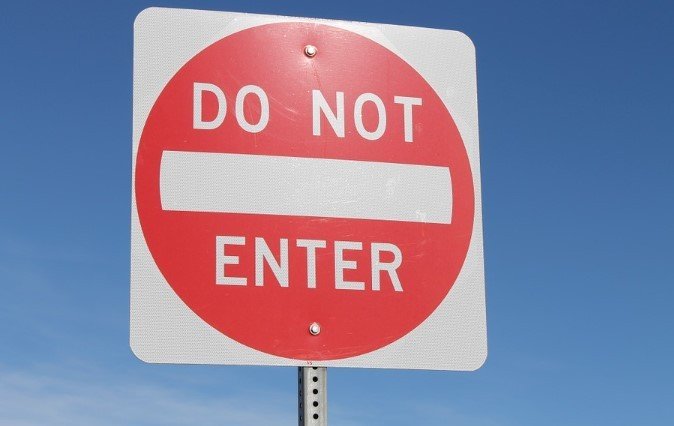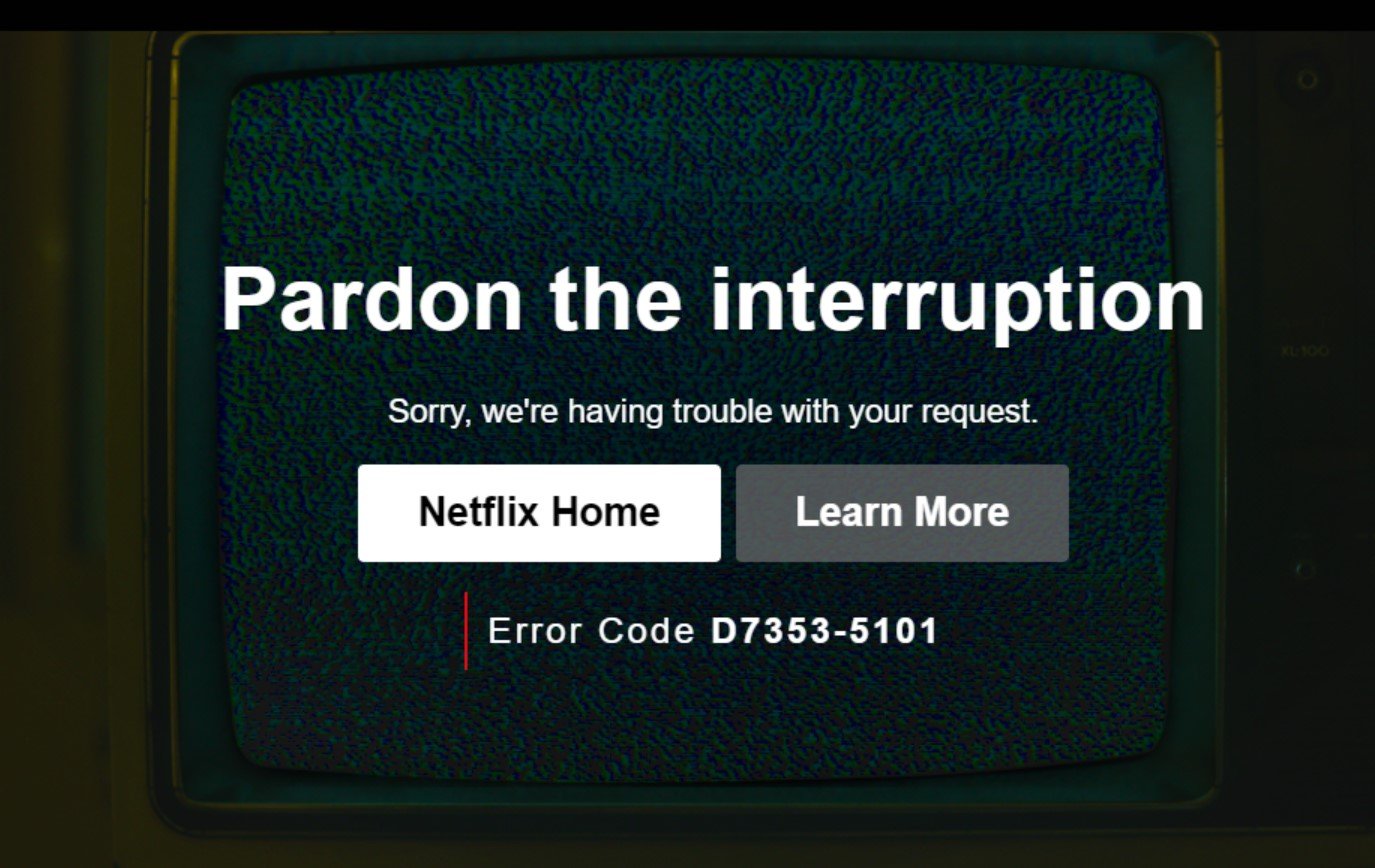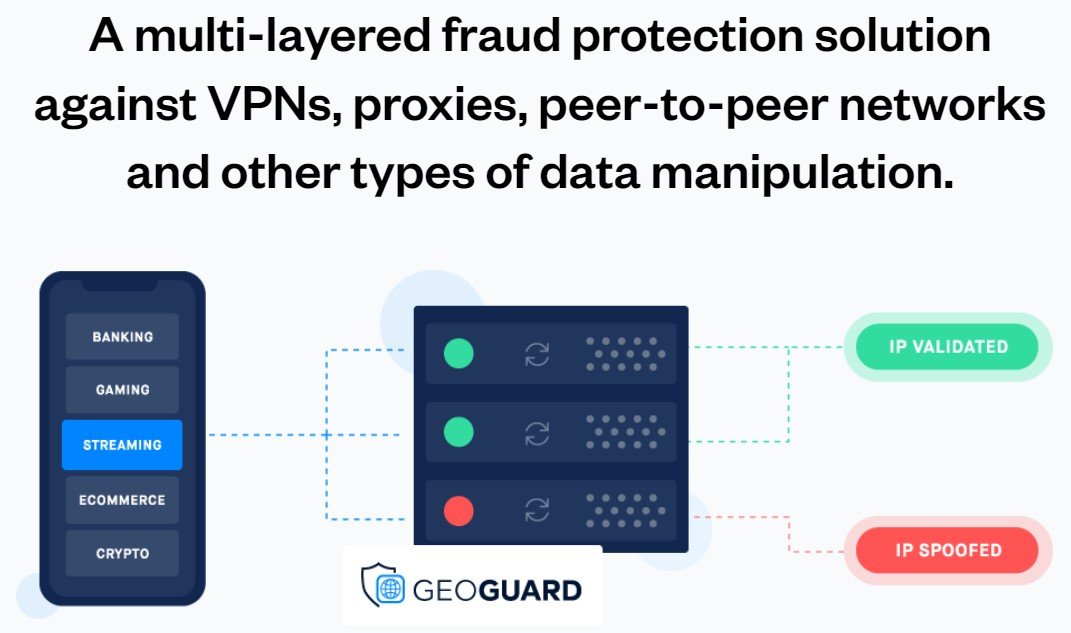 The United States is actively exploring options to update copyright law to bring it into line with the current online environment.
The United States is actively exploring options to update copyright law to bring it into line with the current online environment.
Most recently, the Copyright Office is looking into the option of making certain standard technical measures (STMs) mandatory for online platforms. This could include upload filters to block pirated content from being reuploaded.
The current DMCA already provides an option to formally adopt STMs but that requires “broad consensus” among online services, which hasn’t been reached over the past two decades. Instead, many online platforms have developed their own in-house tools, such as YouTube’s Content ID system.
Copyright Office Inquiry
Through a series of public consultations, the Copyright Office is asking for input on the effectiveness, desirability, and feasibility of mandatory protection measures.
Most copyright holders are supportive of the idea. They feel that without proper incentives, some online services will fail to address the piracy problem. Opponents of the idea, meanwhile, point out that it may lead to all sorts of problems and may negatively affect free expression.
Much of the discussion thus far has focused on tools and technologies that detect and filter copyright-infringing content. However, this week we spotted another submission that promotes a different type of measure, which isn’t necessarily less controversial.
Mandatory VPN Detection?
In a letter to the Copyright Office, GeoComply CEO Anna Sainsbury suggests that VPN detection tools can play an important role as well.
“As the U.S. Copyright Office explores potential technologies and solutions to include as part of the Standard Technical Measures under section 512, we respectfully suggest the inclusion of accurate and effective VPN detection tools to ensure the full protection of copyrighted works.”
VPN detection tools are already widely used by major streaming services. They include Netflix, which was one of the pioneers on this front. The goal of these tools is to prevent ‘geo-piracy’, which is carried out by people pretending to be in a location that differs from where they actually are.

This type of protection is important for rightsholders to enforce geographical licenses. The fact that VPNs can also be used for legitimate purposes does not prevent platforms from banning them outright.
Bypassing Restrictions is Easy
According to GeoComply this type of geo-piracy is quite common and in many cases, rather effective.
“[W]ith hundreds of readily available VPNs on the market, the most common way for an individual to access geo-restricted content is to simply spoof their IP address using a VPN or DNS proxy,” Sainsbury writes.
“There are a number of ‘free’ subscription-based VPNs/proxies that enable users to change their IP address to appear to be located in a different country or territory,” GeoComply’s CEO adds.
Of course, GeoComply has the answer to this problem. The company says that its GeoGuard service can detect and block VPN and proxy traffic with 99.6% accuracy. The service has a database of problematic IP addresses but also uses Wifi access point data to check if locations are “spoofed.”

Although many online streaming platforms already use VPN blocking tools, GeoComply believes that it would be beneficial to classify them as mandatory protection technologies under the DMCA.
Due to the nature of the service, this would probably only apply to online platforms that have to enforce geographical licenses. This makes it a limited tool that won’t apply across the board.
Marketing Pitch
Needless to say, GeoComply is far from objective and the letter reads like a marketing pitch at times.
“By integrating GeoComply’s solutions into their processes and risk engines, broadcasters and OTTs are able to stop-geo-piracy and ensure rightsholders are receiving the full value for their content,” Sainsbury notes.
It is clear that ‘geo-piracy’ is a concern for copyright holders but whether enforcing VPN detection should be done through the law is another question. For now, GeoComply is the only stakeholder to bring up the issue; none of the rightsholders have mentioned it.
From: TF, for the latest news on copyright battles, piracy and more.
Powered by WPeMatico
